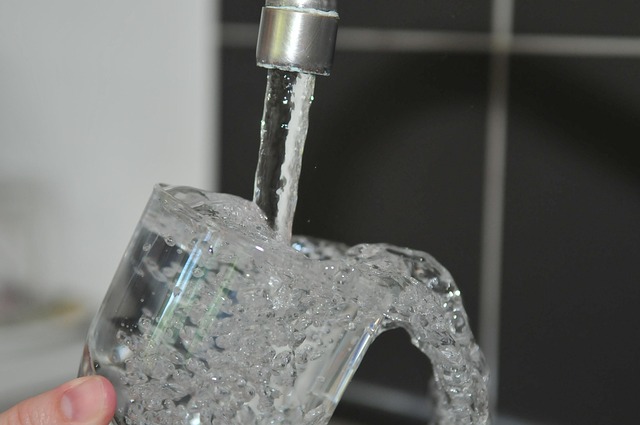
When we think of routine home upkeep, we often focus on what we can see—like the roof, HVAC system, or exterior siding. But there’s another crucial part of your home that deserves just as much attention: your water supply. Whether your home relies on a private well or taps into a municipal system, having your water tested on a regular basis is a wise and practical decision.
Health Starts at the Tap
Your water might look clean, but appearances can be deceiving. Contaminants such as bacteria, lead, nitrates, and other pollutants are often invisible. They don’t usually change the taste, smell, or clarity of your water, making them hard to detect without professional testing. Consistently monitoring your water helps ensure your household isn’t exposed to anything harmful, especially over long periods of time.
Water Quality Can Change Without Warning
It’s easy to assume that if your water tested fine once, it will stay that way. Unfortunately, that’s not always the case. Natural changes in the environment, aging plumbing, seasonal runoff, or nearby construction can all impact your water quality. A test from a few years ago doesn’t necessarily reflect the condition of your water today. Regular evaluations help you catch issues early—before they become serious or costly.
Extend the Life of Your Plumbing and Appliances
The quality of your water directly affects your home’s plumbing and water-based appliances. For example, hard water, which contains high mineral content, can cause buildup inside pipes, water heaters, and dishwashers. Over time, this leads to reduced efficiency and early wear and tear. Identifying water hardness or corrosiveness through routine testing allows you to take steps to minimize damage and extend the lifespan of your systems.
Confidence in What You’re Using Every Day
Peace of mind matters. Knowing that your water is safe for drinking, cooking, and bathing gives you confidence in your home environment. It’s one less thing to worry about, especially for households with children, elderly family members, or anyone with a compromised immune system.
How Frequently Should You Test Your Water?
If you’re using a well, it’s recommended to test at least once a year—more often if there are noticeable changes in your water’s appearance, smell, or taste. Homes connected to a city supply can generally test less frequently, but annual checks are still smart, especially in older homes with aging pipes.
Final Thoughts
Clean water is something many of us take for granted—until there’s a problem. Regular water quality testing is a small effort that can make a big difference in the health and safety of your home. It’s a proactive habit that every homeowner should consider adding to their regular maintenance plan.
